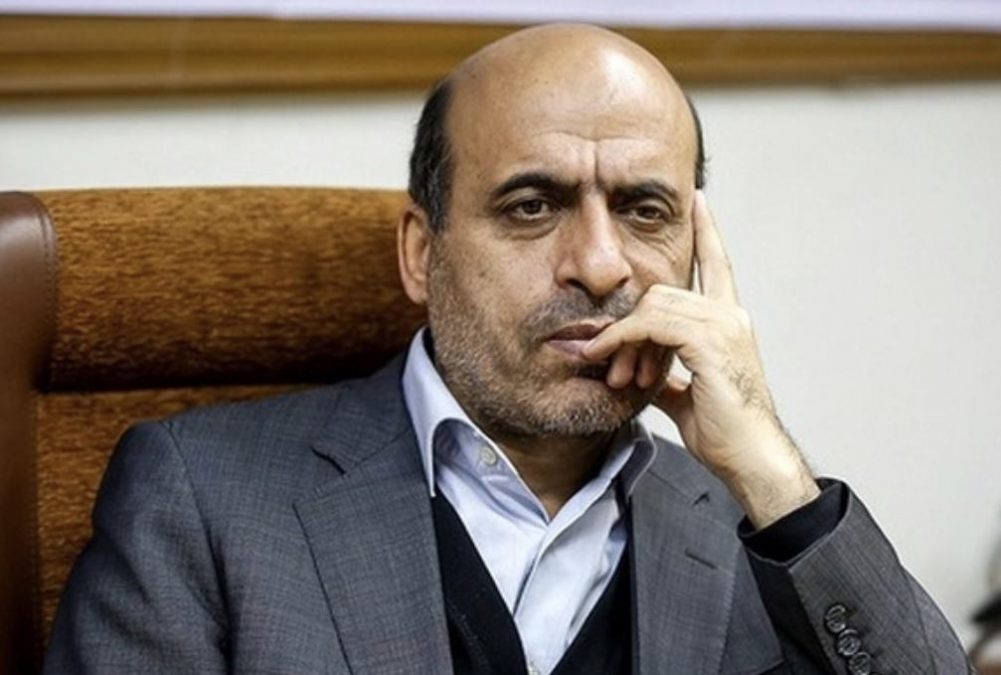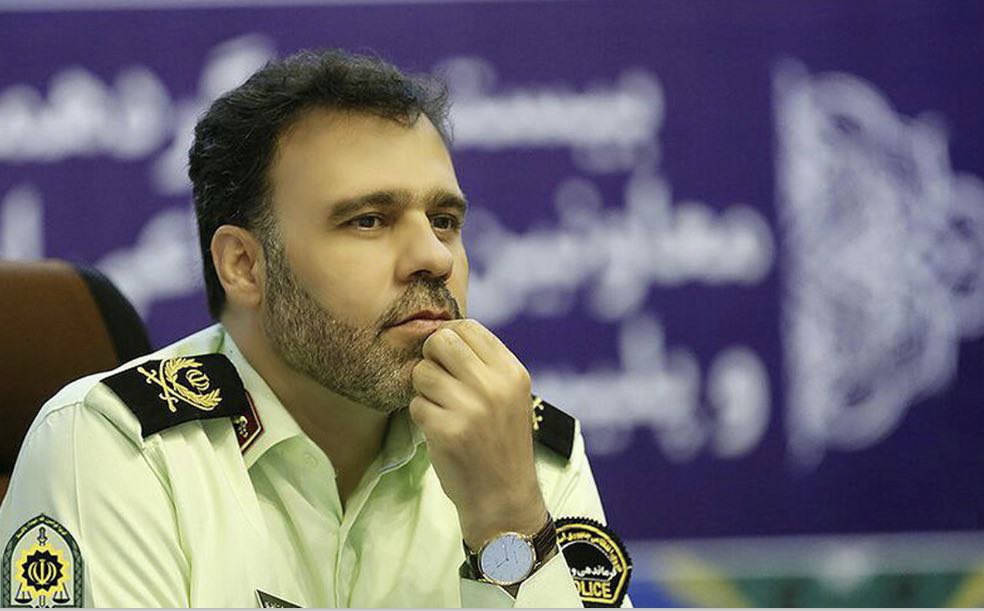Police’s Claim Regarding Student Poisonings
According to Iran Gate, despite statements from Saeed Karimi, Deputy Minister of Health of the Islamic Republic, it is reported that 13,000 Iranian students have experienced suspicious poisonings. The police spokesperson claimed that the majority of these poisonings are not real and are influenced by psychological factors based on fear and psychological contagion.
Saeed Montazer al-Mahdi, the spokesperson for the Law Enforcement Command, continued by saying that recently, due to the significant concerns of families, the police have established visible and undercover patrols, with over 4,000 police patrols daily monitoring and operationally surveying the country’s schools.
Despite announcing this number of daily police patrols, the spokesperson for the Law Enforcement Forces did not report finding the causes of the student poisonings and only mentioned that about 9,000 stinky bombs were collected from offenders and their sale was prevented.
Linking such a case to the chain of suspicious poisonings of students in Iranian schools comes as the stinky bomb is a prank tool sold in various stores globally, and no poisonous effect has been reported from it.
The spokesperson for the Law Enforcement Forces claimed that more than 110 people have been identified and arrested in connection with these stinky bombs, and two major importers of this prank tool have also been apprehended.
Yesterday, Mohammad Hassan Asafari, a member of the fact-finding committee investigating the causes of student poisonings, claimed in a media interview that part of the poisoning was due to the use of naphthalene and a substance called rice, and some issues were also due to student mischief.
This member of parliament further stated that until yesterday, out of 26 provinces, three provinces were affected by the poisoning. After the leader’s remarks, the issue decreased, and intelligence and security agencies coordinated with the Ministry of Education to apprehend the main leads. Some have been arrested and are under interrogation, but the main perpetrators have not yet been caught.

This member of the fact-finding committee did not explain why, despite nearly three and a half months passing since the start of the poisonings until the leader of the Islamic Republic’s comments, no one had been identified or arrested in connection with this matter, and only after Ali Khamenei’s speech on March 6 did the situation improve, and intelligence and security agencies coordinated with the Ministry of Education to apprehend the main leads.
On March 6, the leader of the Islamic Republic, on the sidelines of the annual tree-planting ceremony in the courtyard of his office, commented on the prevalent issue these days, which is said to be the student poisoning issue.
He stated that if anyone is involved in this matter, the perpetrators of this crime should face the harshest punishment. Although the leader of the Islamic Republic acknowledged the existence of student poisonings in those remarks, Massoud Setayeshi, the spokesperson for the Judiciary of the Islamic Republic, told reporters on Tuesday, March 14, that poisoning is something whose symptoms must be clear, and suggested using the term ‘malaise’ instead of poisoning.
The emergence of suspicious poisonings among students began in early December last year, during the peak of the ‘Women, Life, Freedom’ protests, and the lack of information and delay by officials and official media on this matter has further fueled tensions in society.
The Ministry of Interior, which had announced the arrest of non-hostile individuals and three people connected to foreign media a day after the leader of the Islamic Republic’s remarks, also claimed on the evening of Saturday, March 11, that more than 100 key figures in these poisonings had been identified and arrested. However, student poisonings have continued in some Iranian schools this week, and the Ministry of Interior has not released any results from the investigation of more than 100 detainees.
Now, nearly four months after the start of suspicious poisonings in Iranian schools, the Islamic Consultative Assembly has still not released a report on its investigations, and on March 12, Mohammad Bagher Ghalibaf, the Speaker of the Assembly, mentioned the investigation into the poisonings in his pre-session speech but did not set a date for the possible release of such a report.

